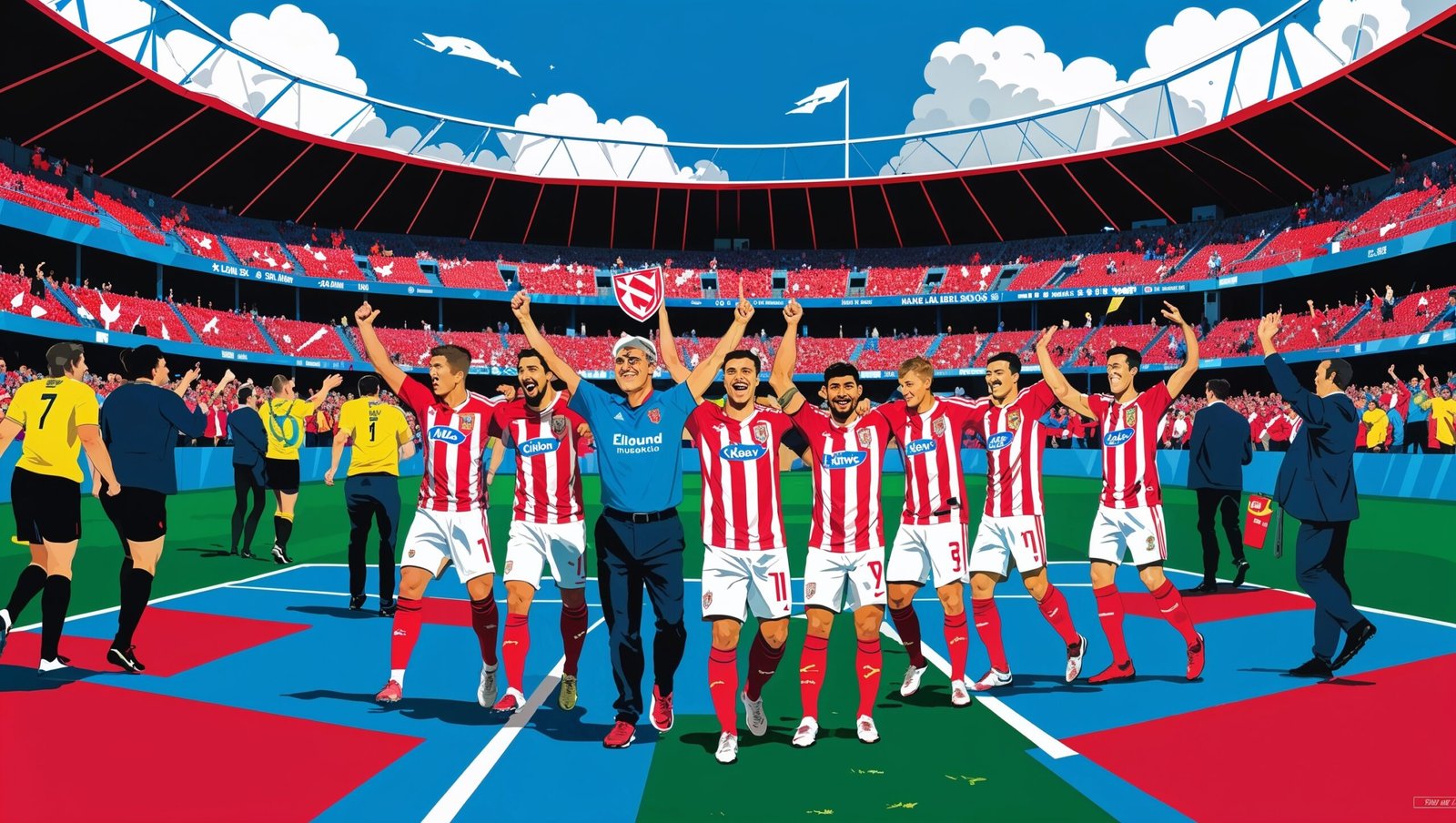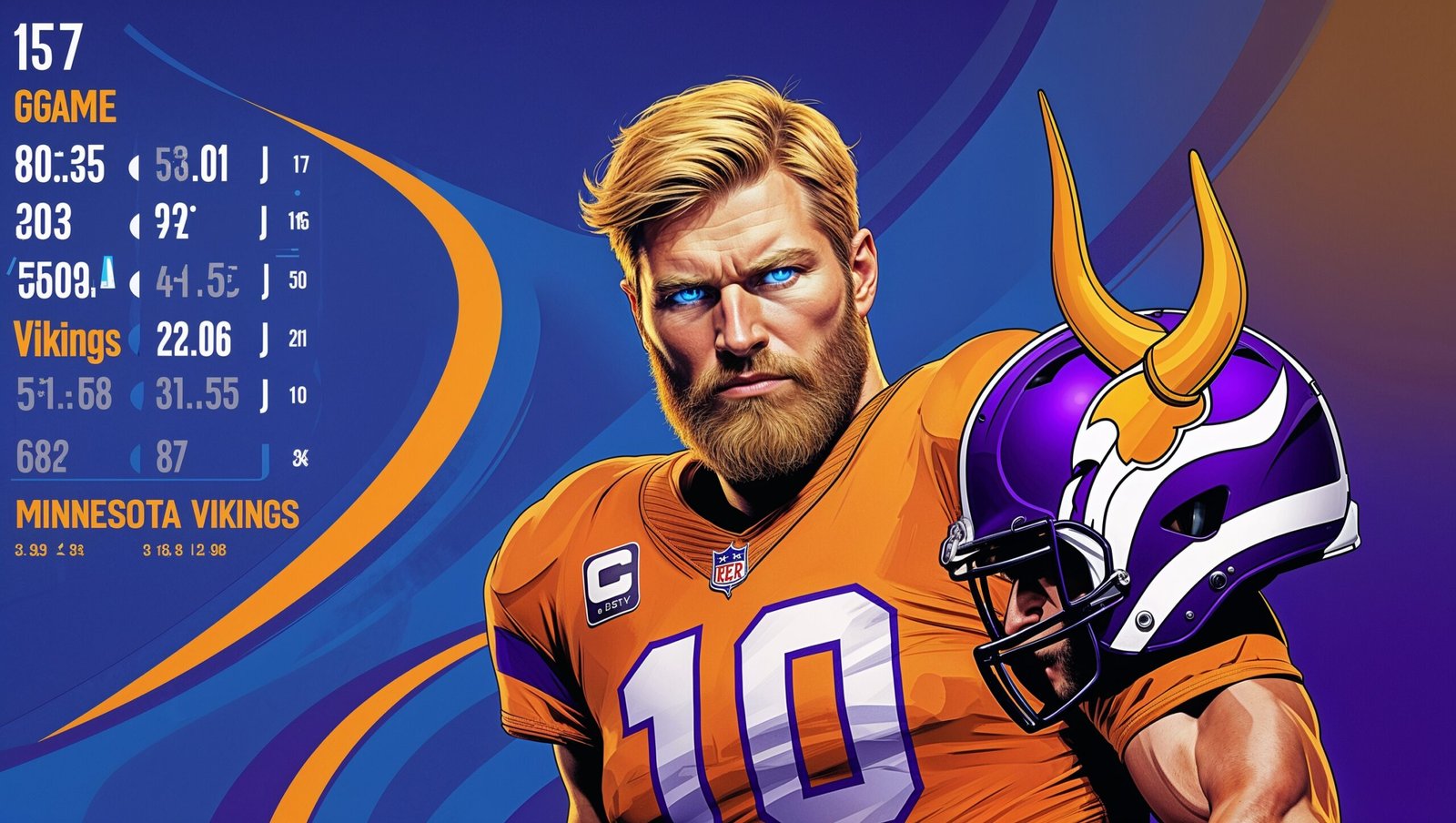Introduction
In recent times, discussions about Athletic Club and UD Las Palmas have been stirring up quite a frenzy among soccer aficionados. These two teams, each with its distinct history and cultural significance, have been making headlines owing to their latest encounters, performances, and developments in the current season.
Historical Context
Athletic Club, often referred to simply as Athletic, is based in the Basque Country, a region renowned for its rich culture and linguistic heritage. Athletic Club stands out in the football world for its unique philosophy of fielding only players who were either born or trained in the Basque Country. The club has an illustrious track record, with eight La Liga titles and 24 Copa del Rey trophies to their name, demonstrating a long-standing tradition of success.
On the other hand, UD Las Palmas, hailing from the Canary Islands, mirrors a different aspect of Spanish football. Las Palmas was founded in 1949, and since then, has been a representation of the Canary Islands’ vibrant culture and passion for football. While Las Palmas may not boast the same extensive trophy cabinet as Athletic, the team’s spirit and determination have often made them a formidable opponent in Spanish leagues.
Recent Performance
This season, both teams have shown glimpses of brilliance and faced challenges typical of the competitive nature of La Liga. Athletic, under the stewardship of their current manager, has focused on maintaining their long-standing defensive robustness while infusing some innovative attacking plays. Meanwhile, Las Palmas has been embracing a dynamic style of play characterized by swift counterattacks and creative midfield maneuvers.
The clash between these teams is always one to watch, as it showcases not just a battle of footballing skills but also a cultural contest between the Basque and Canarian identities. These matches are not just about points or ranking; they represent a deeper narrative of regional pride and commitment to tradition.
Key Players
For Athletic, some of their standout performers include Iñaki Williams, whose speed and agility on the field have been instrumental in breaking down opposition defenses. Additionally, their captain, Iker Muniain, continues to act as a pivotal figure, orchestrating play with his deft touches and vision.
UD Las Palmas also has its share of remarkable talents. Players like Jonathan Viera have been crucial, providing the creativity and leadership the team needs. His on-field synergy with the promising youngster Alberto Moleiro has been promising, hinting at a bright future for the team.
Tactical Analysis
The tactical approaches employed by both teams differ quite significantly owing to their philosophies and available talent. Athletic’s reliance on the traditional Basque style of football emphasizes physicality and defense, often playing with a compact defense complemented by quick transitions to attack. Their solid defensive formations make them hard to break down, and once possession is gained, they spring into swift counter-attacks.
Conversely, Las Palmas leans towards a more fluid and expansive style of play. Their strategy is built around maintaining possession and fluid ball movement, capitalizing on the agility and technical skills of their players. This approach often sees them controlling the pace of the game, but also exposes them to vulnerabilities during defensive transitions.
Fan Culture
The fan base of both clubs is another aspect worth noting. Athletic’s supporters, known as the “Zurigorri,” are some of the most passionate in Spain, known for their loyalty and unwavering support, a reflection of the strong Basque identity and pride. Their presence at San Mamés creates an electrifying atmosphere contributing significantly to the team’s home advantage.
Las Palmas supporters add a unique flavor to football matches with their festive and vibrant presence. Canary Island fans bring their own culture into the stadium, often treating matches as grand celebrations, filled with music, dance, and a joyous ambiance that epitomizes the spirit of the Canary Islands.
The Influence of Historical Rivalries
The long-standing competitive spirit between these clubs is intensified by the historical and cultural contexts from which they emerge. The Basque Country and Canary Islands have distinct identities within Spain, and matches between Athletic and Las Palmas often serve as a metaphorical clash of these broader cultural narratives.
Conclusion of Analysis
In conclusion of this analysis, Athletic Club and UD Las Palmas are more than just football teams. They are storied institutions that embody the rich cultural tapestry of their respective regions. While they continue to contest fiercely on the field, it is their legacy and impact off the field that truly underscores their significance in the world of football.
People Also Ask
- What is Athletic Club’s unique player policy? Athletic Club follows a philosophy where they only field players who are born or trained in the Basque Country, emphasizing local talent and cultural heritage.
- Why are UD Las Palmas matches considered a cultural celebration? Las Palmas matches are infused with the vibrant culture of the Canary Islands, often featuring music, dance, and an overall festive atmosphere, reflecting the region’s spirit.
- Who are some standout players for Athletic Club? Iñaki Williams and Iker Muniain are key players for Athletic, known for their speed, agility, and playmaking abilities.
- What style of play does UD Las Palmas generally adopt? Las Palmas favors a fluid, possession-based style of play that focuses on creative midfield maneuvers and rapid counterattacks.
- How do Athletic Club and UD Las Palmas reflect their regional identities? Both clubs embody the cultural and historical narratives of their regions, with Athletic representing the Basque Country’s tradition of local talent and Las Palmas showcasing the Canary Islands’ festive spirit.







